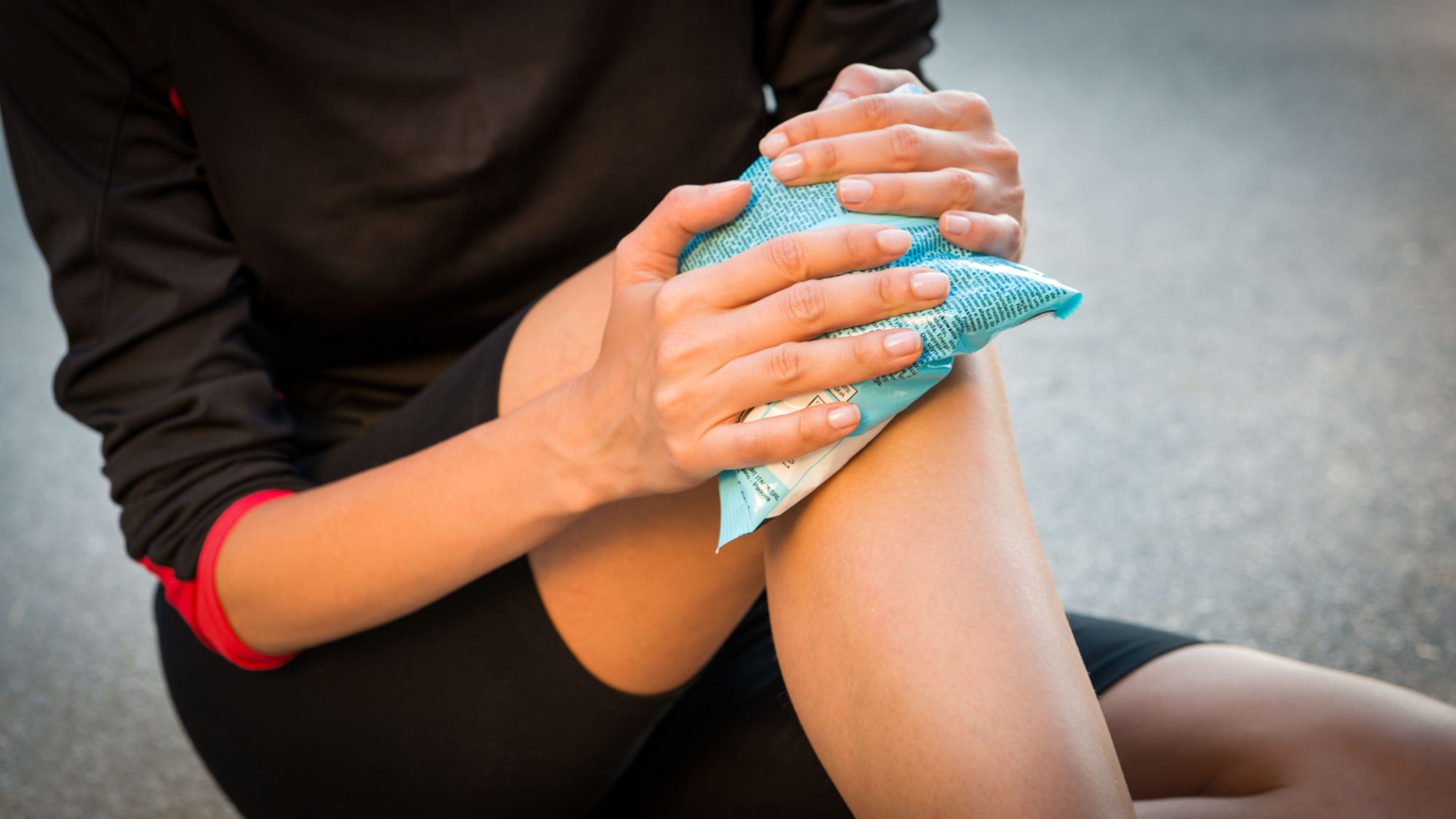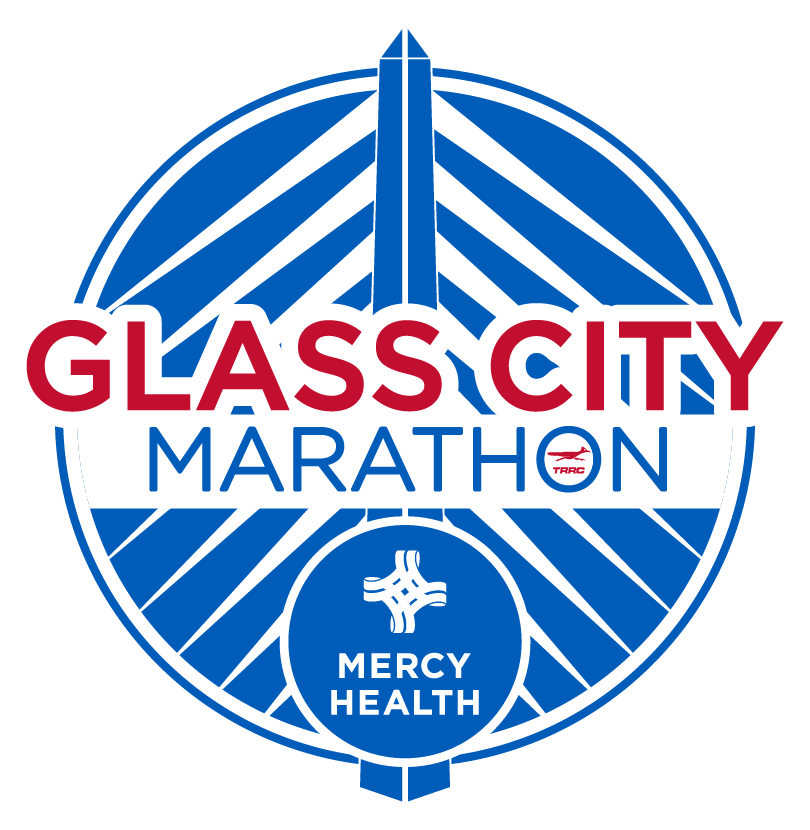Is It a Strain or a Sprain?

With marathon training in full swing, strains and sprains are bound to happen. Strains and sprains are very similar, but also very different.
A strain is caused by the stretching or tearing of a muscle or tendon, while a strain is caused by the stretching or tearing of ligaments. The most common locations for these injuries are the back, wrist, thumb, knee, and ankle.
Symptoms of a strain include:
- Muscle spasms or cramping
- Pain around the affected joint
- Swelling
- Limited flexibility
- Difficulty using the joint’s full range of motion
- Muscle weakness
Symptoms of s sprain include:
- Bruising
- Pain around the affected joint
- Swelling
- Limited flexibility
- Difficulty using the joint’s full range of motion
- Inability to put weight on the joint or use it normally
- A “popping” sensation at the time of the injury
How are strains and sprains diagnosed and treated?
Strains and sprains are diagnosed after getting a physical examination with a health care provider.
In terms of treatment, strains, and sprains are typically fixed with rest, ice, compression, and elevation. Depending on the severity of the injury, treatments may include:
- Pain medications
- Activity restrictions
- Splint or cast
- Crutches or wheelchair
- Physical Therapy
- Surgery
How can I avoid strains and sprains?
- Warm up properly before exercises. Warming up the muscles increases their range of movement and helps to avoid trauma or tears to connective tissue.
- Train and condition properly. Regular conditioning and stability exercises can build a strong framework and help prevent injury.
- Wear appropriate footwear. Shoes that have proper support can protect the ankle and knee joints.
- Use the right equipment. Using equipment wrong or equipment not suited for the activity can cause harm.
- Be aware of your environment. Watch out for slippery or uneven surfaces or other obstacles that may cause an accident.
- Take breaks during physical activity. Sitting or standing in one position for too long or performing repetitive actions can put a strain on the muscles. Taking regular breaks and stretching to release the muscles is very helpful.
We hope you keep these healthy tips in mind – especially those currently preparing for the Mercy Health Glass City Marathon. If you’ve been training but have yet to sign up, there is still time to register.
Mercy Health’s orthopedic and sports medicine team of physicians and running medicine specialists are here to help! They are available to assist you during your training and proudly provide medical aid to runners on-site during marathon race weekend.
Learn more about the orthopedic and sports medicine services we offer.

